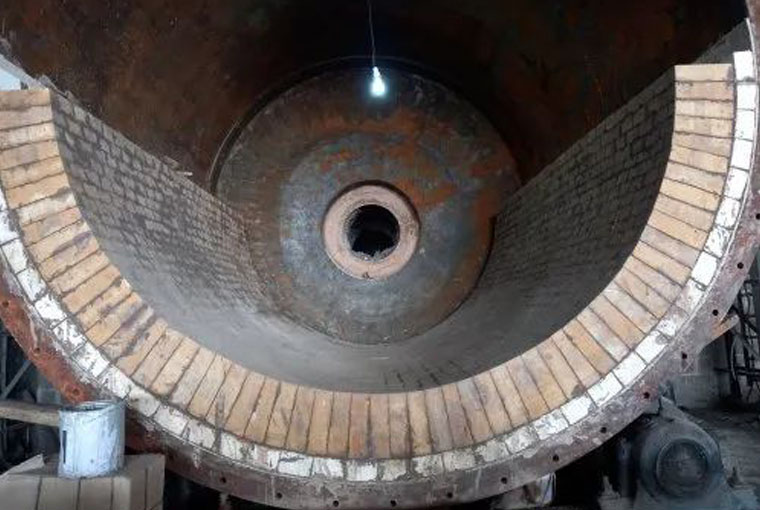Refractory & Insulation

Refractory and Insulation are specialized materials used in various industrial applications to withstand high temperatures, protect structures, and conserve energy. Let's take a closer look at each term: Refractory: Refractory materials are non-metallic, heat-resistant materials designed to withstand extremely high temperatures without undergoing significant deformation or deterioration. They are used to line furnaces, kilns, reactors, and other equipment in industries like steel manufacturing, glassmaking, cement production, petrochemicals, and more. Key characteristics of refractory materials include: High melting point: Refractories have high melting points to withstand the intense heat in industrial processes. Chemical resistance: They are resistant to chemical attack and erosion from molten materials and corrosive substances. Thermal shock resistance: Refractories can handle rapid temperature changes without cracking or spalling. Insulation: While some refractories are used for their insulating properties, others are chosen for their ability to conduct or store heat. Refractory materials are crucial for maintaining the structural integrity of high-temperature processing equipment, protecting surrounding structures from heat, and ensuring the efficiency and safety of industrial processes. Insulation: Insulation materials, on the other hand, are used to reduce heat transfer between surfaces or spaces. They serve to maintain temperature stability, conserve energy, and create comfortable living or working environments. Insulation is commonly used in buildings, industrial equipment, and pipelines. Key characteristics of insulation materials include: Low thermal conductivity: Insulating materials have low thermal conductivity, meaning they resist the flow of heat. Thickness variability: Insulation can be applied in various thicknesses to achieve the desired level of heat resistance. Fire resistance: Many insulation materials are fire-resistant or have fire-retardant properties. Acoustic insulation: Some insulating materials also provide soundproofing and noise reduction benefits. In buildings, insulation is used in walls, roofs, and floors to regulate indoor temperature, reduce heating and cooling costs, and improve energy efficiency. In industrial settings, insulation is applied to pipes, tanks, and equipment to minimize heat loss or gain during processes involving heating or cooling. Both refractory and insulation materials are essential for various industries, each serving a specific purpose in managing temperature and heat-related challenges. Proper selection and installation of these materials are critical to ensuring the safety, efficiency, and cost-effectiveness of industrial processes and infrastructure.